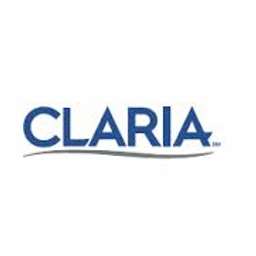Claria Corporation, initially known as Gator Corporation, was a software company that pioneered "Behavioral Marketing" by collecting user data to target ads. Founded in 1998, it saw early success but faced backlash for its adware practices. The company rebranded and eventually shut down in 2008.

Claria Corporation's main product was the Gator software, later known as Gain AdServer, which pioneered "Behavioral Marketing" by collecting user data to target ads. Its unique value proposition lay in its ability to deliver highly personalized advertising. Notably, Claria serviced over 50 million users and filed for a $150 million IPO in 2004.
The story of Claria Corporation is a classic example of a tech startup's rapid rise and eventual fall, marked by several pivotal moments:
Claria Corporation, originally known as Gator Corporation, shut down in October 2008. The company had rebranded as Jelly Cloud before ceasing operations.
Claria Corporation faced significant legal challenges, including lawsuits from major publishers like The New York Times and Dow Jones for replacing ads on their websites. This legal scrutiny highlighted the controversial nature of its adware practices and contributed to its negative public perception.
Claria's software was often labeled as spyware, leading to consumer distrust. This negative reputation was exacerbated by incidents such as Microsoft facing criticism in 2005 for not labeling Claria software as spyware, further damaging the company's credibility.
As the market for ad networks became saturated, Claria struggled to maintain its position. Competitors like Google and Yahoo were also developing personalized search technologies, making it difficult for Claria to compete effectively and sustain its business model.
In 2006, Claria decided to exit the adware business to focus on personalized search technologies. This strategic pivot aimed to improve its reputation but also marked the beginning of its decline, as the company could not successfully transition to the new business model.
Claria's heavy reliance on a single revenue partner, Yahoo Overture, and the overall souring outlook for advertising made it difficult for the company to generate sustainable revenue. This financial instability ultimately led to its shutdown in October 2008.
Claria Corporation's failure underscores the importance of managing legal, tax, and operational challenges effectively. At Sunset, we specialize in handling these burdens, ensuring a smooth and compliant wind-down process for your startup.
Don't let your startup's closure become a cautionary tale. Book a demo with Sunset today to see how we can help you avoid penalties, reduce liabilities, and move on to your next venture seamlessly.